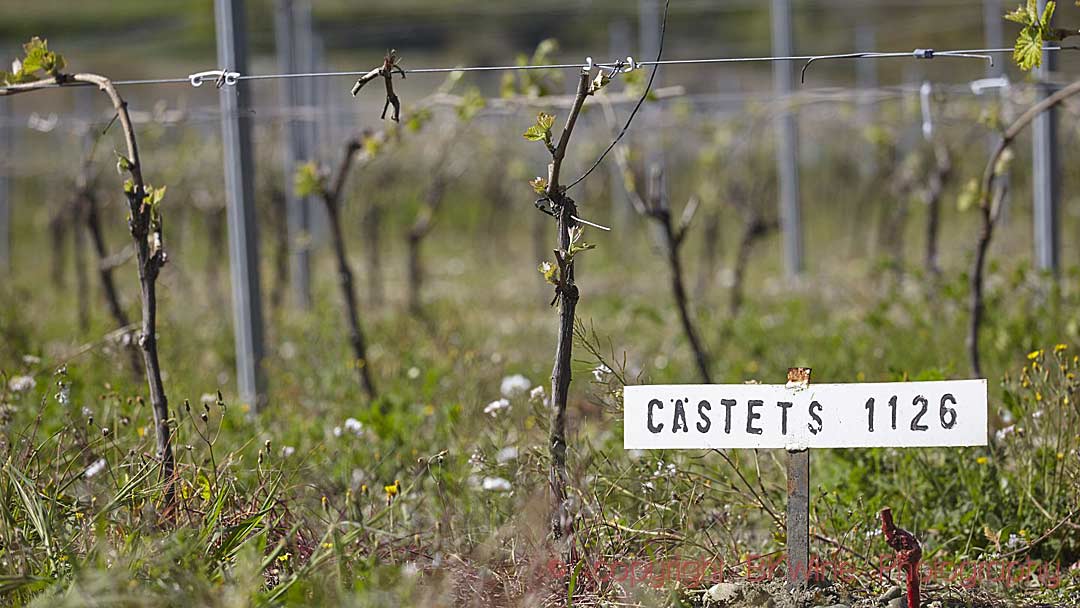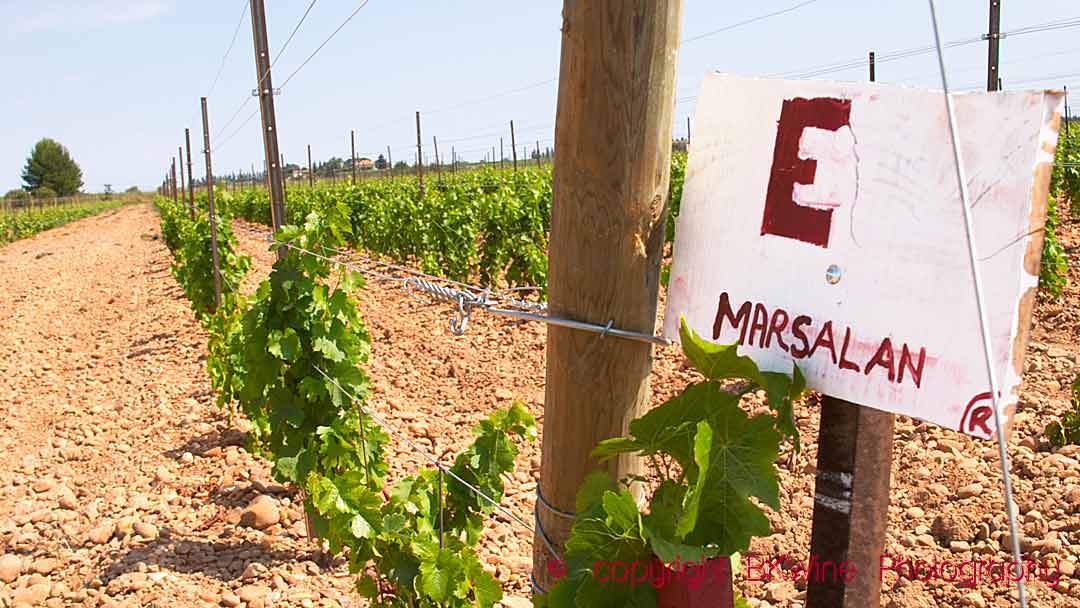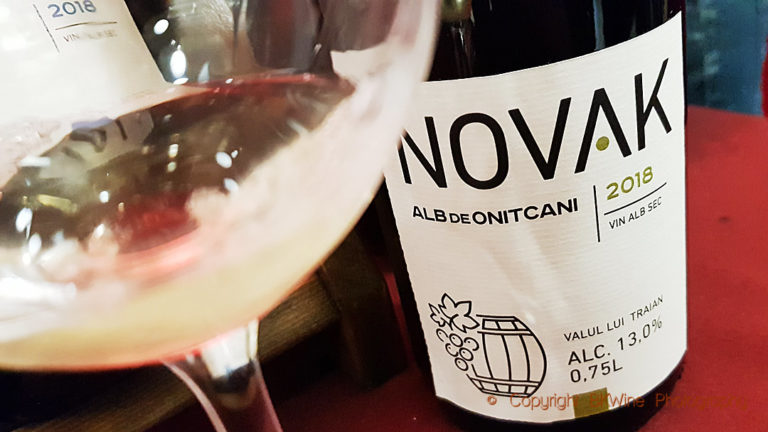In the appellations of Bordeaux and Bordeaux Supérieur, and probably soon in the Haut-Médoc, they are allowed to plant certain non-traditional Bordeaux grapes varieties that are believed may possibly help the region cope with a warmer climate, though within strict rules.
These are called cépages à fins d’adaptation climatique. On trial for ten years are:
- Alvarinho and touriga nacional, two Portuguese grapes
- Marselan, a southern French grape, a crossing between grenache and cabernet sauvignon
- Castets, an old local grape that rarely suffers from fungal diseases
- Liliorila, a white grape that retains its aromatic character even in very hot summers
- Arinarnoa, a red crossing between tannat and cabernet sauvignon
In 2023, four more new grapes are expected to enter the Bordeaux grape catalogue (still with restrictions). These are another type of grapes, namely hybrids resistant to fungal diseases, sometimes referred to as piwi.
The grapes are :
- floréal,
- sauvignac,
- souvigner gris and
- vidoc.
All of them have a good (sometimes excellent) resistance to downy and powdery mildew, and some of them also to black rot and botrytis.
Maybe these grapes will be planted in the so-called zone de non traitement (ZNT), parts of the vineyard close to walking paths, residential buildings, or schools, where you are no longer allowed to spray.
Read more (pdf): planete-bordeaux
–
Travel: Come on a wine tour to Bordeaux with BKWine.













